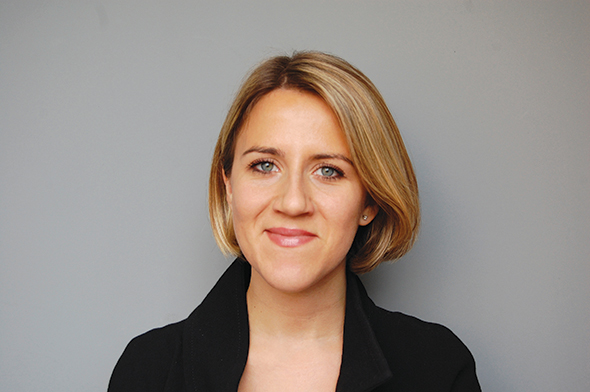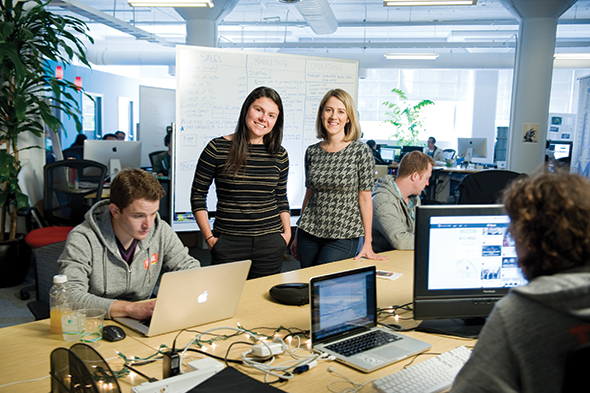The Influencers

Clara Brenner is a managing partner at the Urban Innovation Fund – a venture capital firm with a focus on startups that aim to impact urban communities. She’s also the co-founder of Tumml, an urban ventures accelerator that empowers startups to solve urban issues. Both endeavors were setup to nurture companies that harness tech for good – as in technological solutions geared toward fixing problems like homelessness and congestion in cities. Such startups are less than half as likely to get seed funding compared to traditional startups, and so Brenner’s fund aims to prove that investment in social good can be impactful while bringing significant returns for investors. Earlier last month, Brenner sat down with us to discuss her work in impact investing and the need for a holistic approach to urban issues.
How did you and Julie Lein create the Urban Innovation fund?
Julie and I wanted to see more startups tackling major urban problems and scaling their solutions to cities across the globe. So we launched what became the nationally recognized Tumml accelerator, focusing on investing and supporting promising urban tech entrepreneurs. Over the last three years, we invested in 26 startups – building a portfolio of high-growth, early stage urban innovators. In order to cement ourselves as investment leaders for urban innovation, we recently launched the Urban Innovation Fund, a venture capital firm that provides seed funding and regulatory support for entrepreneurs tackling our toughest urban challenges. The goal is to be a launch point for major capital deployment within the urban technology sector. And, really, it’s a fantastic way for Julie and me to keep working together for the next 40 years.
Why did you decide to focus on urban issues? Have you personally worked on any of these issues with some of the companies in your fund?
I launched the Urban Innovation Fund with Julie Lein in June 2016. We provide seed funding and regulatory support to startups tackling our toughest urban challenges – helping them grow into tomorrow’s most valued companies. Julie and I first met as grad students at MIT Sloan where we chaired the Women in Management conference together. Through that experience, we learned that we loved working together and wanted to find other ways to build something meaningful. We ended up coming together around our love for startups solving city problems, think: transportation, energy delivery, and etc. Previously, we both had transformative experiences working for high-growth, urban-focused startups. I was an early employee at Fundrise, a leading crowd-investment platform for commercial real estate, and Julie at Revolution Foods, a healthy school meal provider that has served over 200 million meals across the U.S. to date.

What are some of the most innovative companies you’ve funded and what strides and success have they had thus far?
To date, Julie and I have funded startups developing products and services that have the potential to touch the lives of millions – and hopefully even billions – of city dwellers. For example, in 2014 we were one of the earliest investors in Chariot, the commuter shuttle service that crowdsources its routes from the community. Excitingly, they were acquired by Ford Motor Company in September 2016 to build out their Smart Mobility offering. We invest in early stage startups, and we work with them to flesh out their business models… We recently invested in two water-focused startups, Valor Water Analytics and APANA. Valor is a big data solution for water utilities to help them with financial and conservation planning. And APANA is a hardware and software IoT company that helps industrial users like Costco better manage their water use.
Are there any major urban issues that you think tech can’t solve alone? And which other sectors should participate in those solutions?
Tech is not a panacea – it can’t solve every major urban problem by itself. To effectively tackle our hairiest community challenges like affordable housing and homelessness, we need a toolkit of solutions – from the tech, nonprofit, government and corporate sectors. In particular, we need strong political leadership to bring together these constituencies around a shared vision for our cities. That said, technology can absolutely support these larger efforts. A great example is HandUp, a crowdfunding platform for the homeless and the organizations that support the homeless. This SoMa-based startup is partnering with Mayor Ed Lee’s office to bette
Text by Valerie Demicheva

